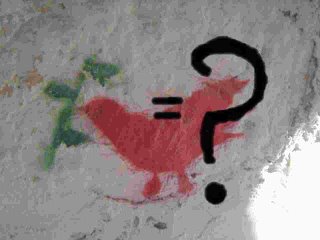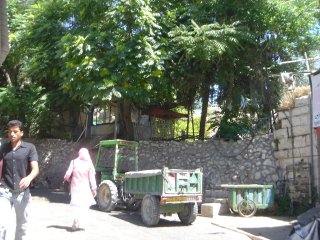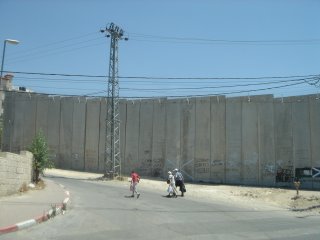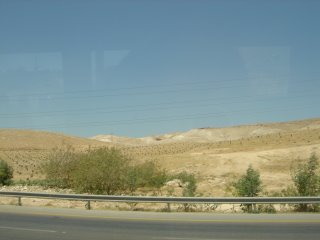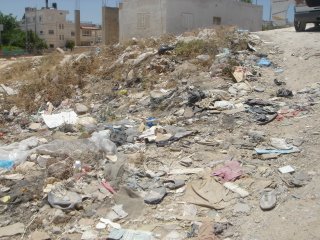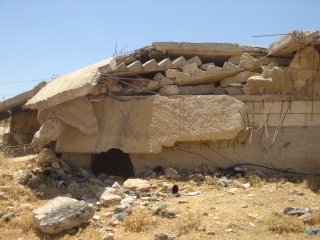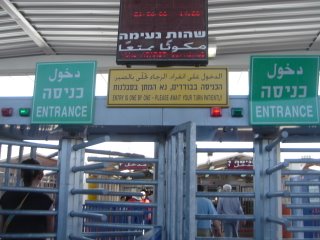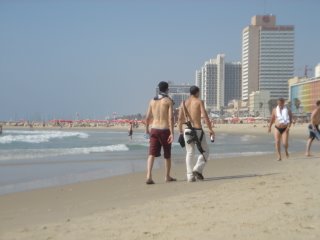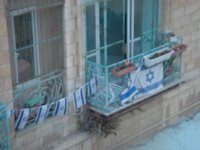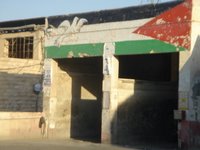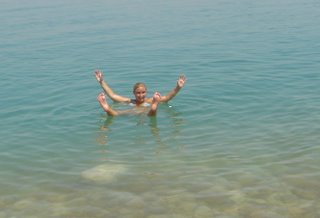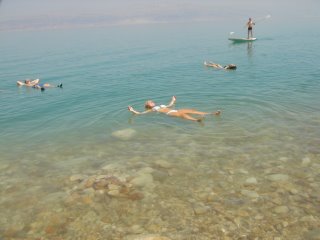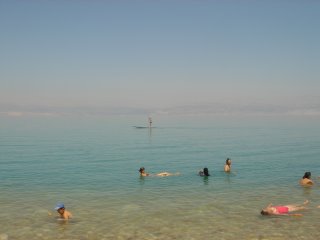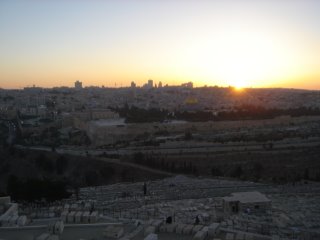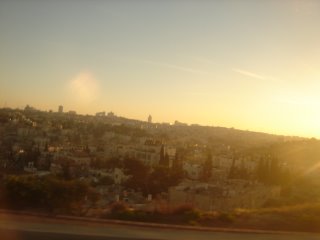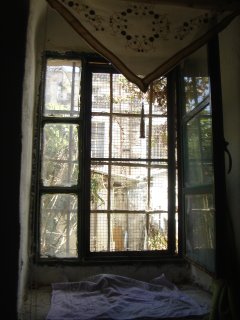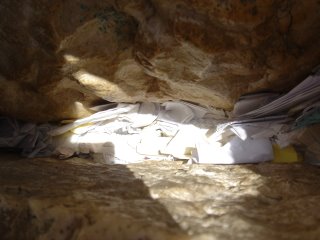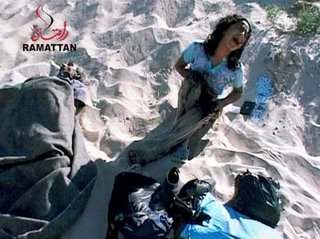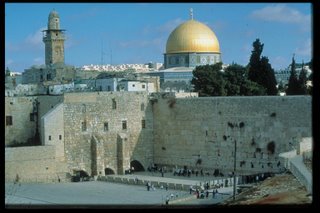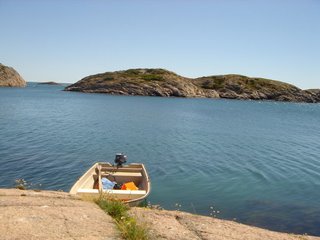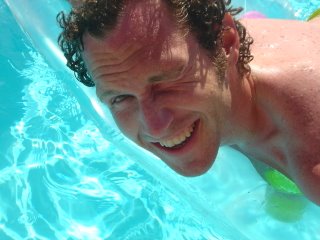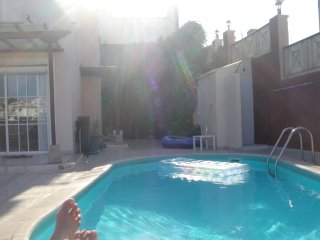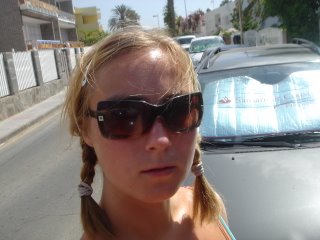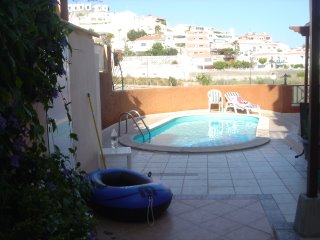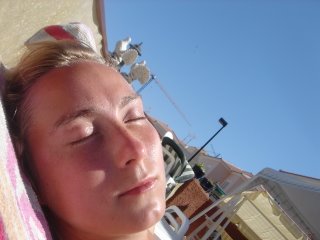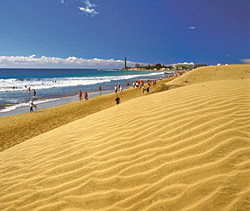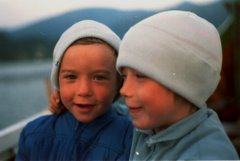But who is to define what happiness is? And whose peace is to be implemented? The problem is that apart from denoting something good, the word peace has no specific meaning. It allows those using it to cover up hidden motives while pretending to work for the greater common good. Power can hide in the word peace.
I'll give you an example. Upon his return from his visit to Israel earlier this spring, Foreign Minister of Norway Jonas Gahr Støre was quoted in the paper Morgenbladet saying that although the situation in the Middle East didn't look too good, he was sure it would eventually come to some sort of a happy ending, seeing that 'both sides want peace'.
Now, this statement only serves to obscure reality. Both sides want to live in peace, for sure, in the sense that they want not to have to fear for their lives every single day. But there is a very important difference here. For most Israelis, the word peace equals security. As long as they have security, the rest of the matter is not so important. For Palestinians, on the other hand, the word peace means sovereignty and freedom. So when Støre is saying they both want peace, he is putting a veil over the truth, imposing a common goal on a situation where there is no common goal.
For this reason I suggest we limit our use of the word peace wherever and whenever we can. Let's try to be a little bit more honest, let's set our agendas straight. Let's try to be brave enough to face the world as it is, not as we would want it to be.
For my part, I will substitute 'peace' with justice. Working for peace can mean so many things, but working for justice has only one true meaning: the struggle for our equal rights and our indisputable dignity as human beings, on the basis of our common humanity.
